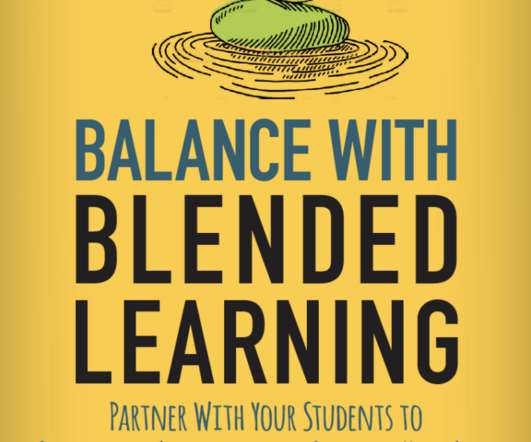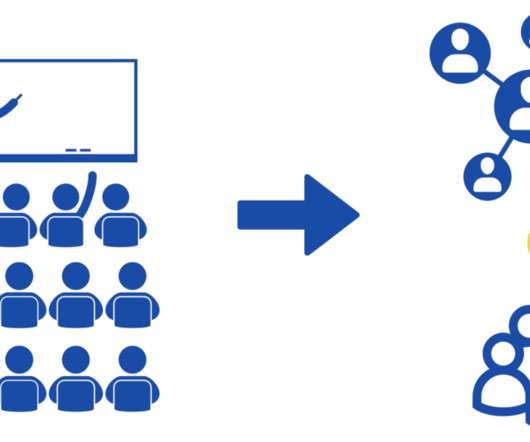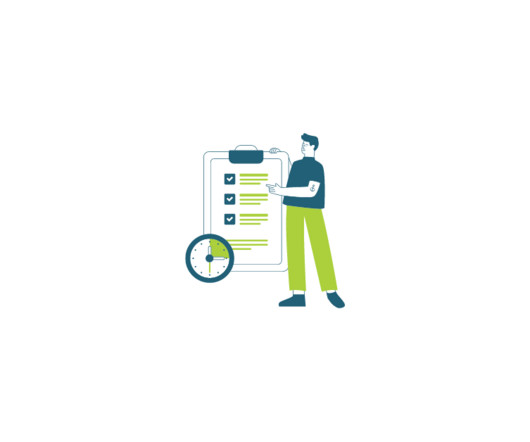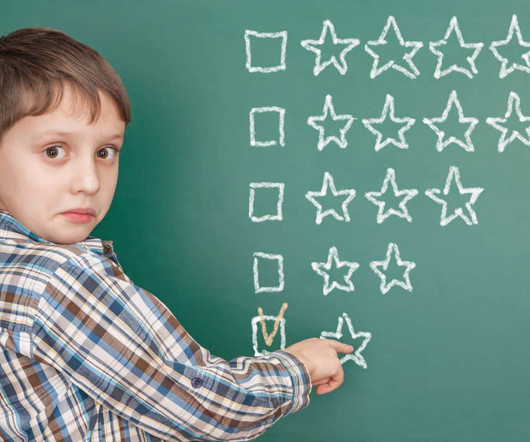How and When to Give Feedback
Catlin Tucker
NOVEMBER 6, 2023
Feedback is a powerful tool that can profoundly impact student learning and success. However, not all feedback is created equal; some approaches to feedback can propel students toward growth, while others may hinder their progress. What is the secret to effective feedback?














Let's personalize your content